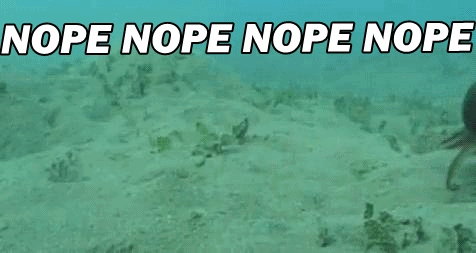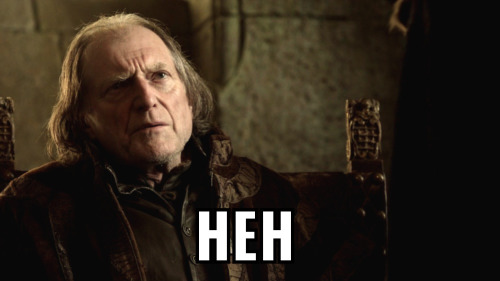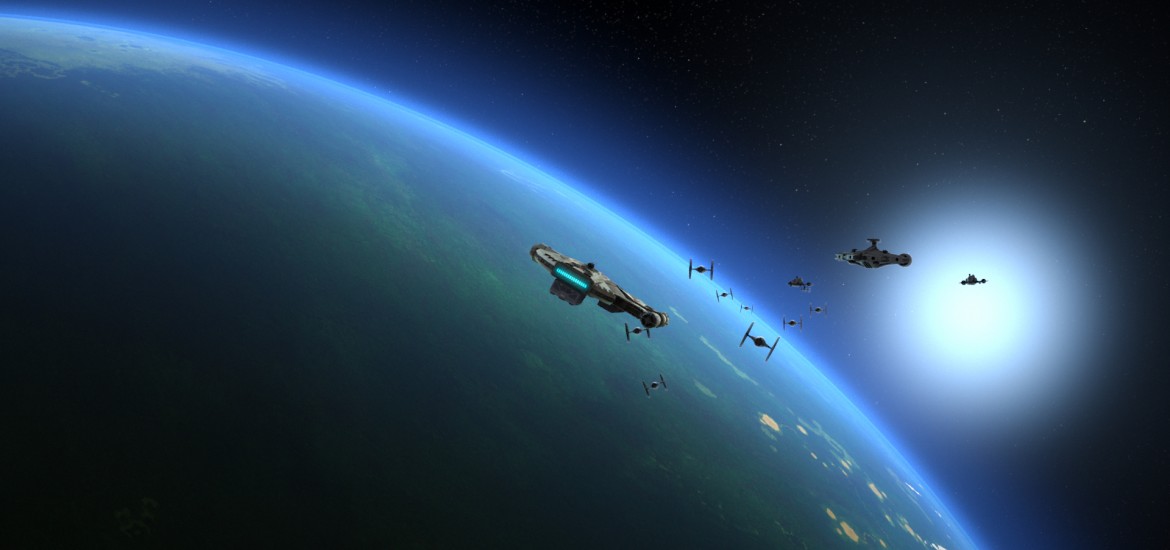Greetings! Quick note: this is not a full review. Here we just take a closer look at a few things before we jettison them, hurtling them through space to fiery deaths. That’s what you get for saying my tea was ‘too salty’. As always, SPOILERS from here on out.
This week on Rebels, Iron Squadron, oh god, oh dear god, a ship full of Ezras. No, Beyonce, I don’t think I can handle this. Filoni is truly evil. I’m allergic to annoying kids and I almost went into anaphylactic shock just watching this! Also Thrawn has a rad looking ship.
Budding Rebellious Hearts

It’s not often that we get to see other rebel cells in this show. At least, not when they’re still in their infancy. In the early stages forming a rebel cell, I should say – though good grief, am I the only one with a problem of having the rebellion comprised of teenagers? Look, putting aside my allergy to teenagers and small humans in general, this show does go dangerously close to the all too true stories of real-world rebellions utilising child soldiers. From Rwanda to Venezuela to ISIL, rebellions/terrorist organisations have often had no qualms with brainwashing kids to do their dirty work. In the Star Wars universe, there have already been allusions to the Rebellion committing morally iffy actions: from the suicide bomb in Twilight Company, the undisclosed but reviled actions mentioned in Bloodline – and now child soldiers? Well, I suppose I should congratulate the show on bringing in some ethically grey tinges to what’s often referred, sometimes derogatively, as a child’s show*. I’m just uncomfortable with how accepted the whole thing is.
*The line of thinking is that children’s shows are incapable of tackling serious (‘adult’) issues. They’re unequivocally wrong.
However, to move on in a lighter note, the writer did an impeccable job of making these characters actually sounds like teenagers. Well done, that person. My hives thank you.
While watching, it struck me how differently this cell acted to that of our Spectres – even in the beginning of the show. Both groups begin on a single planet, fighting the local Imperial forces. Both have outfitted and militarised cargo transports with which to wage war and do so often in pitched aerial and space combat. Both have talented pilots and (I’m guessing) fighters in their roll call. Beyond that, the similarities end – and I don’t think it’s entirely down to the age difference. From the very beginning, Ghost and its crew have always had the support of other rebel cells so that it may wage an affective campaign. It helps, too, that the crew is comprised of people from various planets and backgrounds – whereas this group seems to be native to the planet seen from a distance in this episode. However, that backing has meant that they’ve always known the scale of the battle, and consequently were able to go in prepared for what’s to come – whereas with Iron Squadron, time and again we’re reminded that they don’t even know what a Star Destroyer is. It was kinda funny, but really it only needed to be said once. So, why? Why make such a point about how ignorant they are?
It’s because Iron Squadron were acting as audience stand ins (in the same way that Companions act as audience stand ins in Doctor Who). Not only that – they were pulling double duty as a metaphor for our Spectre’s progress, too, and delivering the same message at the same time.
First, Iron Squadron face off against one small ship, thinking it’s a Star Destroyer. Then they face off against a slightly larger ship, still thinking that it’s a Star Destroyer. Then they come across an actual Star Destroyer and promptly get the hell out of Dodge.

Which also handily sets up both the symbolic and material significance of the Star Destroyer in the Star Wars universe: symbolically, aside from the Death Star, it’s the go to image for the Empire, the epitome of it. Materially it’s it’s the front line weapon, the largest capital ship in its fleet. It enforces its law and, as we see so often in this show, punishes those who disagree with said law.
Now compare all that to the history of our Spectres. First they face off against Agent Kallus and that Grand Inquisitor. It was such a huge and important victory when he was defeated! And then they faced off against more inquisitors, Darth Vader and Grand Moff Tarkin to boot. These dangers, they barely scraped through. There was no real victory – but against Vader and his ilk, being able to walk away is itself a victory. And then in comes Thrawn. Compared to him, the others were merely small fry. (It may be sacrilegious to say this of Vader but he was so in that Thrawn is evermore present, whereas Vader and Tarkin had cameo roles that ensured that, while bad, they’re brief evils from which there is respite. With Thrawn, there is none to be had). Much like the Star Destroyer, Thrawn is the epitome of the danger the our Spectres face. This of course comes with the caveat that, in the Legends stories, Thrawn was that big a deal. We don’t have quite a large Star Wars universe to know that with certainty at the moment, so maybe take the following statement with a grain of salt: In the Star Wars universe, there are few things bigger and more deadly than Thrawn – as is the case with Star Destroyers.

Makes you wonder who’s worse than Thrawn in this universe.
Missed Opportunities

Ah, yes. Admiral Constantine, cowering in the back there, hoping against hope that Thrawn won’t notice him.

That’s never going to go well … except for this instance where it actually does go well for Constantine, in that he’s not killed. Seriously, why is he not dead yet? Is Thrawn using the good (read: terrible) admiral as a means to an end, in that he knows Constantine’s abilities and as such is a useful pawn to thus get the measure of the abilities of the rebels? Is he, much like Pellaeon in the original books, Thrawn’s new protégé? It’s possible, given that Thrawn has previously gone to lengths to teach Constantine to become a better, more thoughtful officer. Could it be that it’s simply not Thrawn’s style to kill his own crew? I don’t know, and this trend of not presenting solid answers is starting to bug me.
On the one hand, yes, it’s great that they, the showrunners, feel confident enough to leave this up for debate, but at the same time we’re three series in. We’re at a point in the show where we (I believe) need a larger degree of certainty and knowledge about these characters and indeed the conflict at large, otherwise the show will merely be all flash and no substance.
I may be a bit of a downer on this point, but I do feel that this is one instance, at least, that could have been markedly improved had this been explored in greater detail – and it would have given us a greater understanding of Thrawn as a character. This would, in turn, give us a greater understanding of the danger he poses to the crew.
Kill them! Kill them with fire!

Cards on the table time: I wanted Iron Squadron to die. I’m absolutely positive that I’m not being vindictive here. Mostly positive. Okay maybe I should just explain why.
It would have given a more personal aspect to the war, and hopefully make it feel more realistic and impactful. War is, as they say, hell. It is bloody and brutal and unforgiving. Quite why we glorify it and Disney-fy it, I don’t know. But in war, people die. Families die. Kids die. This is the reality of war and we shouldn’t shy from it (which is not to say accept it as an inevitability). I realise that this is a strange thing to say given what I wrote earlier about this child soldier story hitting too close to reality, but to have this ending would have redeemed that. By not having a happy ever after ending it keeps the circumstances grounded. Most of us probably haven’t been a soldier in a war, or even a child soldier, but a lot of us have had loved ones die. By killing them, it would have delivered a much more impactful and resounding narrative.
It also, and I’m being somewhat mercantile in this, hopefully makes us the viewers sad – and that’s a good thing for a writer. Sadness sells because it gets the viewer invested better and quicker than almost anything else. It’s a cheap tactic, but it works. It may not be in the spirit of the show to not have that happy ending, but for my money it would have elevated a fairly flat story into something that’ll stick with me beyond the writing of this review.
Author: Michael Dare
Michael Dare is a writer, lives in the UK, and has been slowly coming to terms with the realization that he is not Sherlock, but Watson. He loves Star Wars, dislikes blue milk. Enjoys jumping sharks. Survives on the tears of sexist men, and cheeseburgers.
